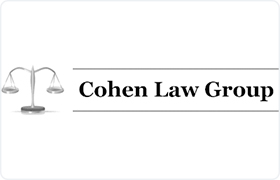Cohasset Real Estate Lawyer, Massachusetts
Sponsored Law Firm
-
 x
x

Click For More Info:
-
Cohen Law Group
500 Commercial St Unit 4R Boston, MA 02109» view mapBusiness, Real Estate, Accident & Injury Over 50 Years Of Experience
With over 50 years of experience, the Cohen Law Group is a well-established law firm located in the heart of Boston’s historic North End.
800-790-5110
J. Christopher Amrhein
✓ VERIFIEDAccident & Injury, Medical Malpractice, Criminal, Construction, Car Accident
Attorney J. Christopher Amrhein, a Top 100 Trial Lawyer, has been providing Massachusetts and the New England area with the highest quality legal repr... (more)
Robert L. Devin
Real Estate, Patent, Elder Law, Business, Credit & Debt
Status: In Good Standing Licensed: 58 Years
Christopher Sullivan
Tax, Real Estate, Consumer Rights, Civil & Human Rights
Status: In Good Standing Licensed: 27 Years
Stacy Marie Shunk
Real Estate, Litigation, Business & Trade, Contract
Status: In Good Standing Licensed: 30 Years
 Herbert Cohen Boston, MA
Herbert Cohen Boston, MA Practice AreasExpertise
Practice AreasExpertise

